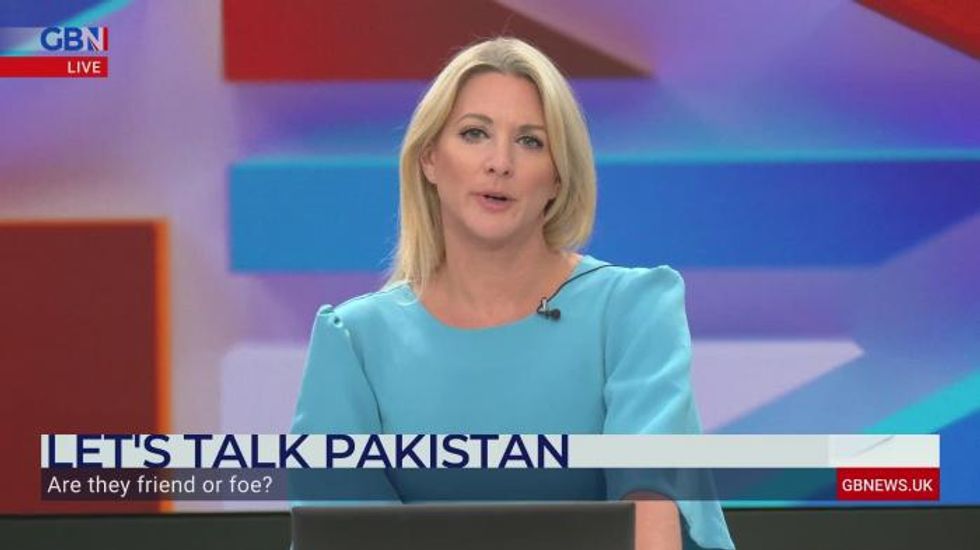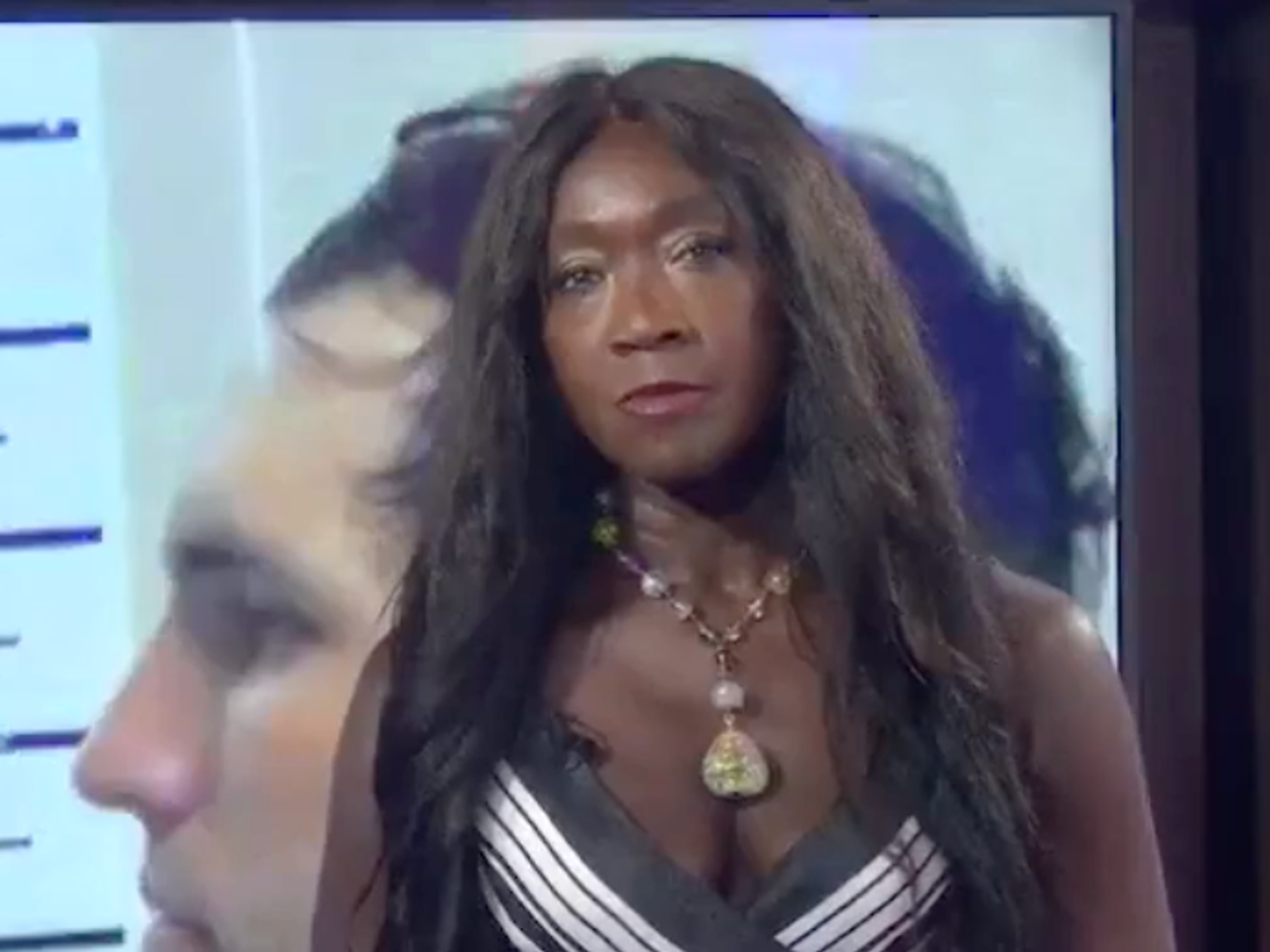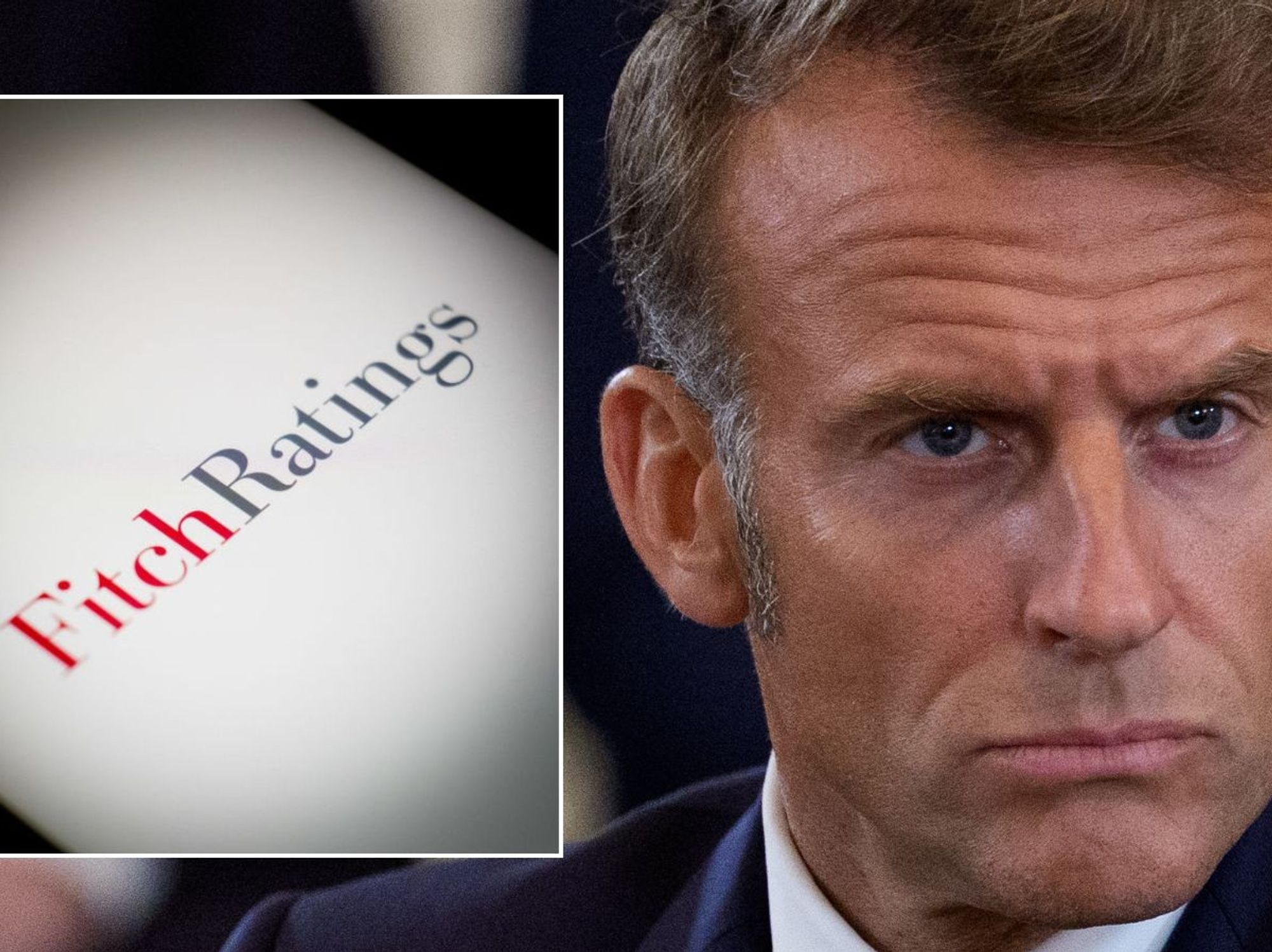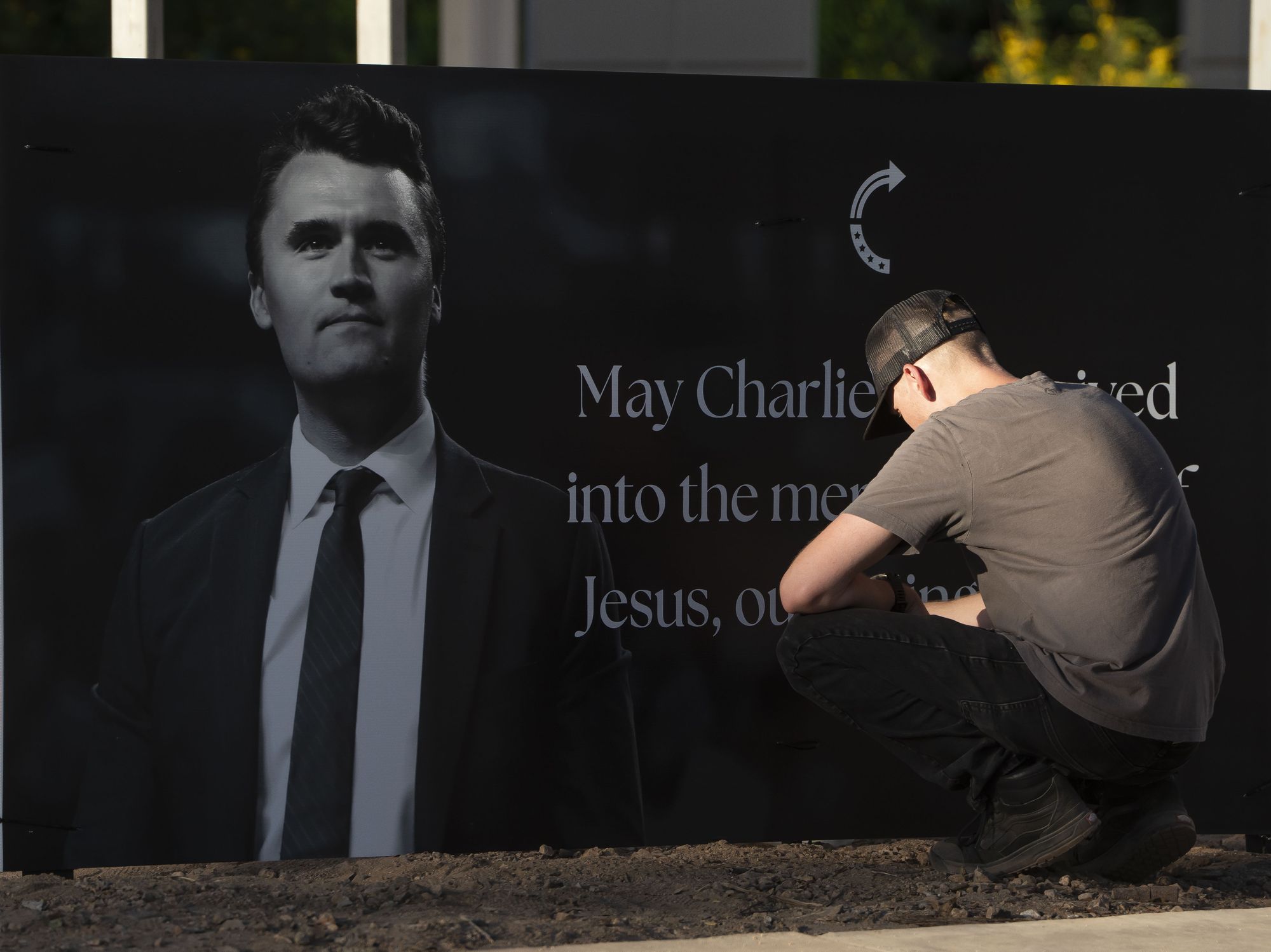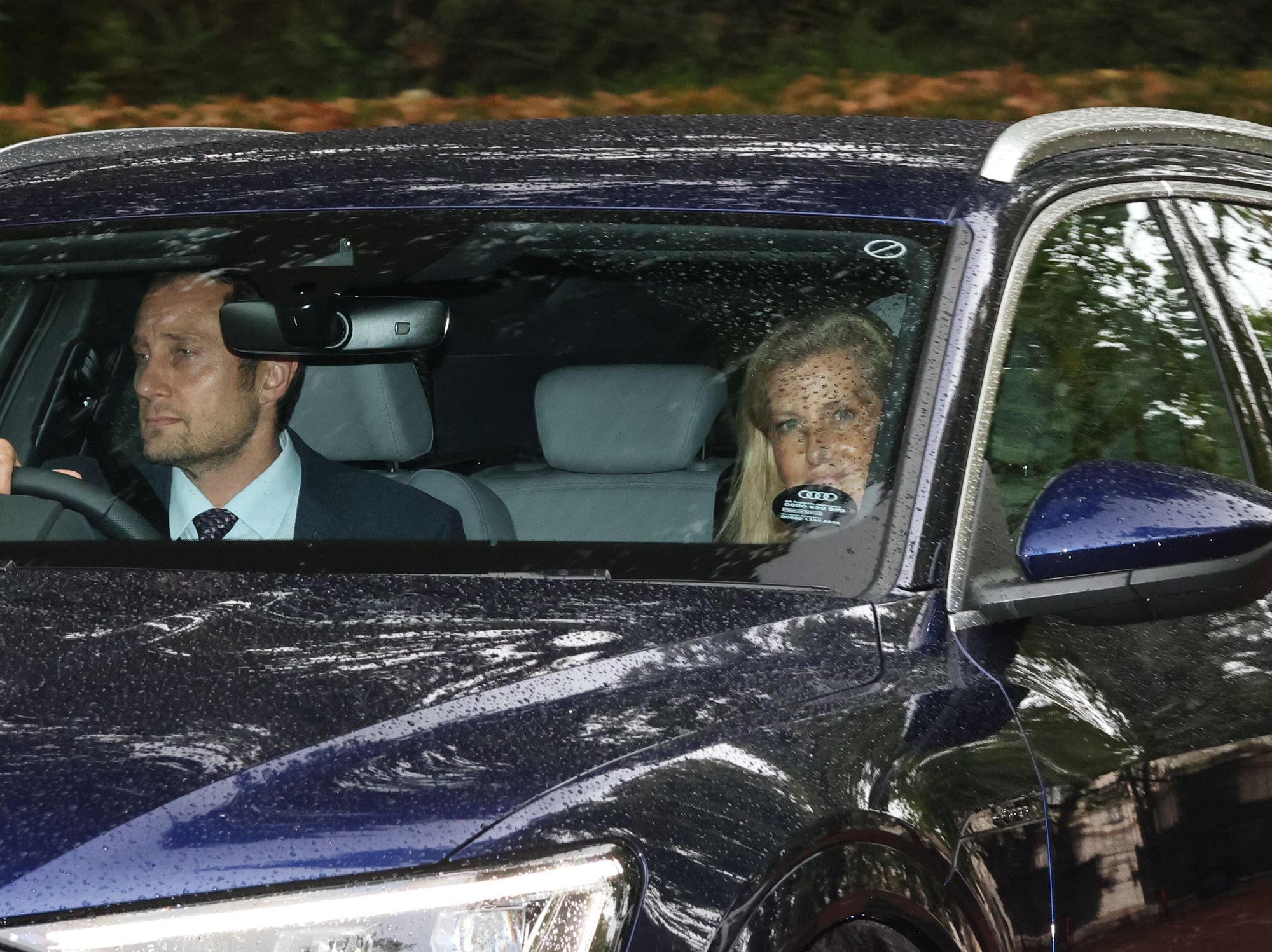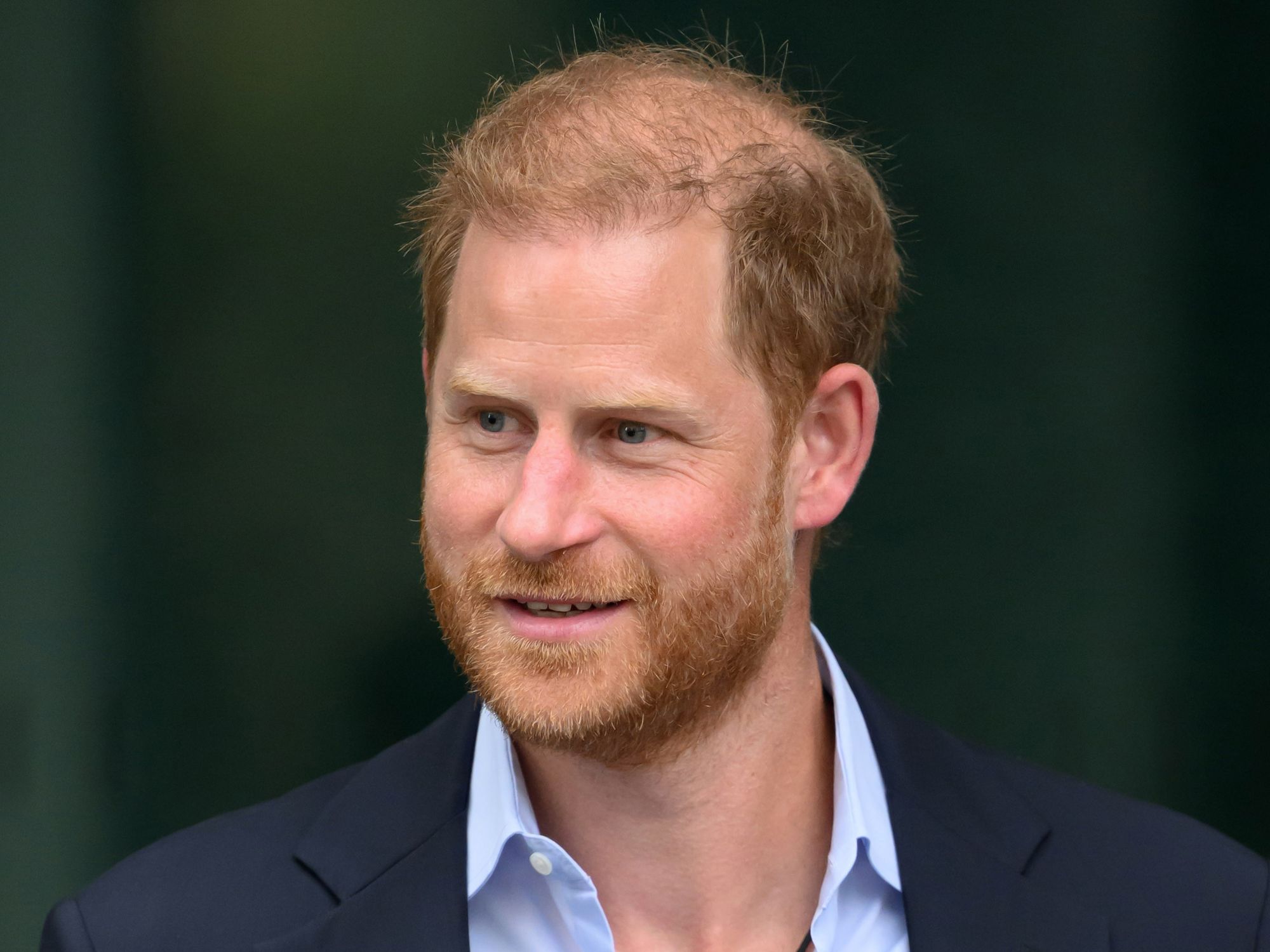Alex Phillips: It's time to talk about Pakistan

By Alex Phillips
Published: 02/09/2021
- 16:11Updated: 02/09/2021
- 20:44Friend or foe? We really need to know
Don't Miss
Most Read
Ask anyone what one of the most dangerous jobs in the world is, and I doubt Prime Minister or President comes up.
Yet the roll call in Pakistan almost reads like a list of Henry VIII’s wives: Assassinated, deposed, survived, assassinated, deposed, alive.
Ever since partition in 1947 the nation has struggled with its own inherent stability, structure and unity. It has had fractious relationships with its neighbours and lives in a mutual state of obsessive paranoia with India, often looking over its shoulder and conducting proxy foreign affairs strategies to buffer itself against its majority Hindu twin across the border.
But perhaps its greatest torment is its own uncomfortable ethnic tapestry of over 200 million people. A torment it has sought to quell by appeasing regional extremist groups in order to prevent uprisings against the centre. Groups such as the Taliban. Expect to hear much more about Pakistan over the coming weeks and months, as the hashtag sanction Pakistan trends and Afghans accuse its neighbour of waging a proxy war in the nascently democratic and fragile country that has been so easily, and rapidly recaptured by a resourced Taliban, many of whom allegedly sought not only shelter but received training and military hardware from Pakistan.For twenty years Pakistan has tried to play both sides.
It has been a major recipient of aid from both the US and the UK, on condition that it helps stamp out extremism and does not shelter terrorism, yet is accused of pandering to the very militant groups it pledged to fight in order to maintain order within its own frontiers. Those dramatic images of the final capture of Bin Laden in Abottobad filmed at the fortified complex that had reportedly been his home for at least five years were taken less than a mile from Pakistan Military Academy and less than 100 kilometres from Pakistan's capital.
While both the US and Pakistan governments both claimed that no Pakistani officials knew his whereabouts, rumours abound that Pakistan’s notorious ISI, the secret services, did. Whereas most countries' intelligence agencies exist to support the government, Pakistani leaders have learned the hard way that they must answer to the military, rather than the other way round. Successive coups and assassinations mean that failing to appease the increasingly bloated and radicalised combatant caucus is at their peril.Following the dissolution of the Soviet Union in 1991, the ISI supported the Afghan Taliban in the civil war.
Today, any claims that Pakistan’s hands are clean when it comes to the Taliban are laughable, with a cache of seized US weapons moving back to Pakistan while the Foreign Minister has urged the West to give them a chance.Yet having aided and abetted extremist groups to prevent uprisings against the centre at home, even helping to now provide a safe haven for radical Islamism in Afghanistan, it seems like Pakistan may have created a Frankenstein pariah state right on its doorstep, a petri dish of terrorists who could well attack the west, and Pakistan itself. Meanwhile Pakistan continues to flounder economically, punching well below its weight and relying heavily on aid that the West is rapidly withdrawing, pushing Islamabad into the arms of China, waiting in the wings with their imperial belt and road initiative to seize as much economic territory and leverage as possible in order to undermine the dominance of the western world.
At one point cloaked in the clothes of a secularism, the rabid Islamisation under General Zia in the 80s left a once open society increasingly conservative. When Benazir Bhutto, the first female leader of any democratic muslim country, returned to power in the 90s with ambitions to advance womens' rights, the green shoots of re-liberalisation were alluring, but short lived. Huge swathes of Pakistan opposed her efforts and they eventually crumbled. When she was assassinated in 2007, Pakistan’s chequered history of violence and instability felt cemented.
While Al Qaeda were blamed, Bhutto herself had predicted her demise at the hands of named members of the secret services and intelligence bureau.Today, even former pin-up cricketing playboy Imran Khan, once a regular on the pages of glossy magazines and society parties, pivoted back to a deeply conservative form of Islam at odds with Western values, in order to secure backing for his Premiership, alongside the usual populist dogwhistles of combatting corruption and clamping down on the old guard while directly feeding its rotating cast of characters in order to secure their sponsorship.
Today, with the Taliban in Afghanistan and Pakistan having played its final trump card in securing an Islamist neighbour in the region, it’s hard for the West to know whether our Commonwealth cousin simply pays lip service to combatting terrorism. As one of only 9 nations with known nuclear warheads and a geographically vital position, one thing is for sure, it’s not advisable to get on the wrong side of Pakistan.
But perhaps Pakistan is on the wrong side of itself.
Friend or foe? We really need to know.
Today, we really need to talk about Pakistan.


